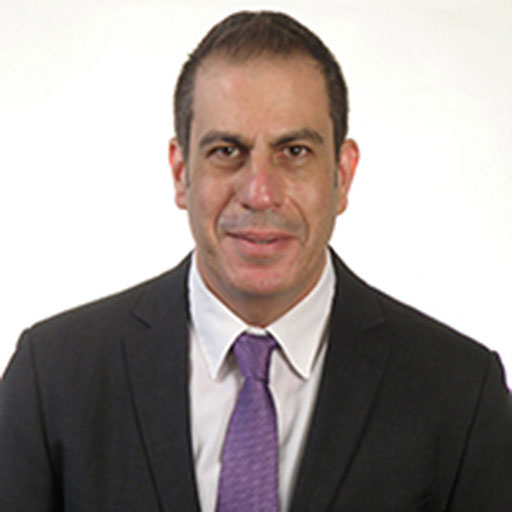The new Space Governance Policy Lab at Indiana University offers the first ever space governance and space-cybersecurity digital badge – a non-credit certificate – in the United States, training the future space workforce and the next generation of space-cybersecurity.
The lab – in cooperation with IU Bloomington's Nobel winning Ostrom Workshop, Laval University (Québec) and the Canadian think tank, the Centre for International Governance Innovation Think Tank – includes capstone research projects, three space governance courses, a certification program, a collaborative Working Group and leads three novel research projects.
The space governance course, delivered during the spring semester, will be joined this fall by courses on space-cyber governance and a new certificate program. No other classes in the country focus specifically on the space-cyber nexus and on cybersecurity of space systems. IU will prepare students to tackle the major issues of space governance such as orbital debris mitigation and learn the consequences of cyber attacks on satellites.
"These courses provide a wide viewpoint on where the space sector is heading," said Eytan Tepper, the lab's inaugural director and visiting assistant professor. "The classes review and discuss the applicable legal rules and the governance system more widely – who are the key actors and forums, how is space law made and what are the policies of the leading spacefaring nations."
Orbital space is being used by companies, governments and militaries for a wide range of purposes, from weather forecasting and telecommunications, remote sensing and reconnaissance to broadband Internet access and military access. Some of these sectors and activities are regulated more heavily than others making it increasingly challenging to reach consensus given the wide range of stakeholders active in space. This makes space governance a particularly important but challenging topic that is of great interest to policymakers, business leaders and scholars.
The Space Governance Policy Lab makes use of groundbreaking governance insights from the Ostrom Workshop to help better understand and manage these challenges, including the cybersecurity of satellites and ground-based infrastructure. Students enrolled in these courses will explore how the changing geopolitical environment and technological landscape are impacting space governance, including the role played by AI.
Thanks to a recent $20,000 grant from Microsoft, the Space Governance Lab will continue its mission of educating tomorrow's space leaders. The funding could support scholarships for students to obtain the Space Cybersecurity Certificate, a new certification program that will be offered for the first time this Fall to both undergraduate and graduate students.
Scott Shackelford, the executive director of the Ostrom Workshop and provost professor at the Kelley School of Business, is the PI on the grant. He has also crafted capstone projects focusing on space-cybersecurity for clients including Microsoft, MITRE and the Aspen Institute.
"Capstone projects represent an ideal opportunity for students to collaborate with scholars, experts and policymakers on space-cybersecurity governance challenges," Shackelford said. "These projects generate new knowledge and provide invaluable opportunities for students to work with real outside partners to help solve the vexing problems they face in their sectors."
There is also a growing demand for cybersecurity professionals, including those with legal training. The joint JD-M.S. in Cybersecurity Risk Management program affords an opportunity for interested law students to explore both domains, now with the added dimension of space governance.
"The demand for space lawyers is slowly growing, but there is even a bigger market for space security and governance professionals to work for various government agencies, non-governmental government organizations and companies, and even more so for space-cybersecurity professionals," Tepper said. "The space-cybersecurity program will train the first generation of space-cybersecurity experts."
The Space Governance Lab Working Group is a collection of more than 60 scholars and experts who meet monthly to discuss issues, policies and ventures. Additionally, the lab also coordinates joint grant applications for funding opportunities, supports space law student societies, offers supervision on students’ thesis and invites visiting scholars from all parts of the world.



